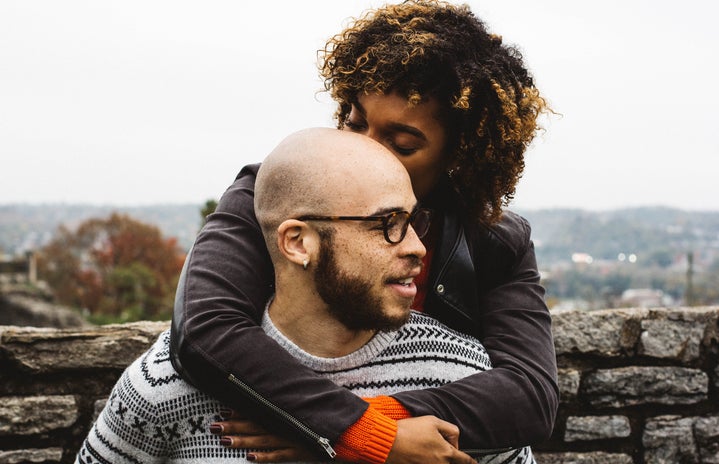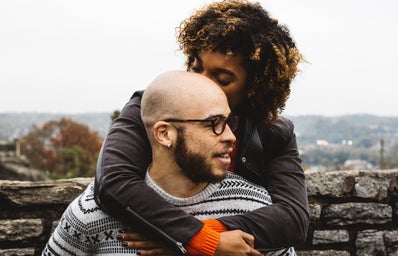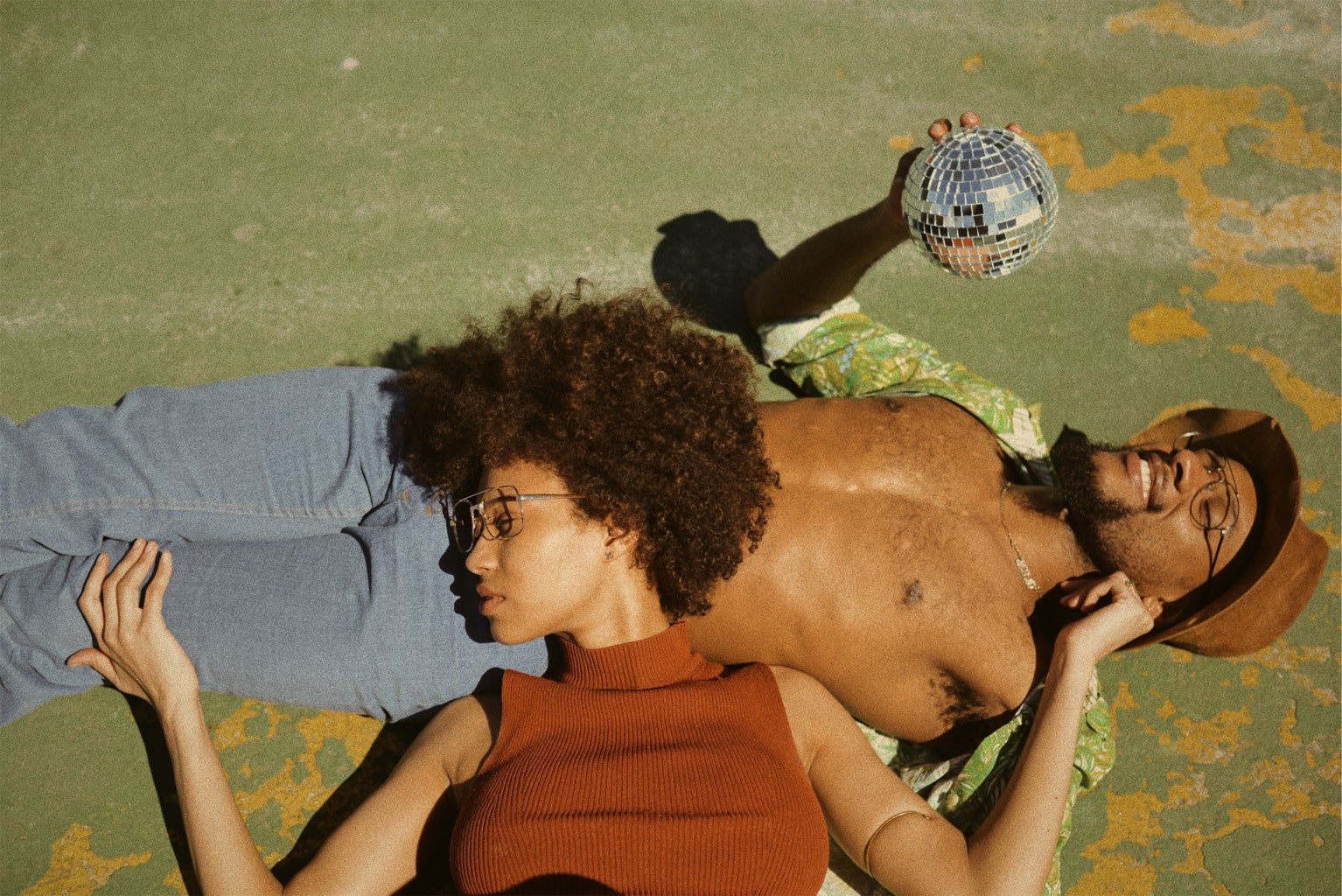I’d like to think that anyone who’s ever been told they’re “so mature for their age” recognises the manipulative undertone behind those words in hindsight. What does being “mature” even mean at any age? At 21 years old, I still feel far from having it all figured out. I have no clue what I’m going to do after I graduate. Should I travel the world or start hunting for an apartment? I can’t even decide what I want for dinner tonight. Does this make me immature, or am I just a normal twenty-something grappling with the same questions that countless others before me have faced?
In 2022, I remember the internet exploding with opinions when news broke that the then 21-year-old Billie Eilish was dating 31-year-old Jesse Rutherford. Despite all the criticism the relationship received, at the time I did not see anything wrong with it. “It’s not like she’s a teenager anymore,” I thought. “She’s 21, an adult, and she can do whatever she wants.” Reflecting on it now, I realize I took the public outcry rather personally. Society’s scrutiny of something I considered harmless struck a chord with me. It felt like a mass undermining of Billie’s emotional maturity, an infantilization that dismissed her ability to make her own decisions. “People will always have something negative to say,” I reassured myself, though I kept these thoughts private. Years later, as I delved into the psychology behind my reaction, I finally understood why I felt so defensive. My reaction was a classic response of someone who has been groomed and manipulated. Realizing this has been both enlightening and unsettling, making me question past relationships and the subtle dynamics at play.
One of the main criticisms of age gaps in relationships revolves around power dynamics. Power dynamics refer to how one partner in a relationship can exert control and influence over the other. The primary power imbalance in age-gap relationships often stems from differences in experience – work experience, life experience, sexual experience, etc. The longer you’ve lived, the more time you’ve had to navigate different sectors of life. In my experience, my eagerness to grow with and experience the same things as my older partners sometimes pushed me to do things I wasn’t ready for.
In some ways, this benefitted me. Dating someone with a career and an apartment inspired me to get a job and start making my own money. I even discovered my passion for film through a partner who was an established filmmaker and videographer. You could say I looked up to them and admired them. However, that admiration stemmed from me feeling like I needed to catch up to them. I struggled to relate to these partners due to their greater life experience. They had been in more relationships than I had, and I often felt compelled to follow their lead, believing they simply knew better. This imbalance made me question my own decisions and maturity, reinforcing the complex and often precarious nature of age gaps in relationships.
Although it is manageable, it’s impossible to ignore the age gap in a relationship. I remember going on a date with someone 14 years older than me when I was 21. He took me to a very expensive restaurant, and I immediately felt uncomfortable because I knew I couldn’t afford anything on the menu, even if I wanted to. Whether this was a nice gesture or a subtle power move to establish his financial superiority is debatable. I remember having a great time, though. We listened to the same music, and he was into artists like Kevin Abstract, Tyler the Creator, and Lana Del Rey. Very Gen Z of him. I thought this was going well because at least we had these basic things in common.
My knowledge of wine from working at a wine bar impressed him. His knowledge of niche bands and his liberal stance on social issues impressed me. However, a part of me could not help but wonder, “How many 20-year-olds are you dating to know all this?”
This internal dialogue revealed my lingering doubts about the relationship. Despite the apparent harmony, the age gap cast a shadow over our interactions, making me question the authenticity and motivation behind his gestures and shared interests. In retrospect, it highlighted how age-gap relationships can be a balancing act, requiring constant vigilance to ensure that both partners genuinely connect beyond superficial compatibility.
In no way am I trying to demonize age-gap relationships. Manipulation and toxicity are not exclusive to one kind of relationship dynamic. However, age is not just a number; it matters. There are countless disturbing stories surfacing of predatory relationships among influential people, preying on minors. We can all agree that pursuing someone below the age of consent is disgusting and a topic that needs no debate as to why it is extremely creepy, problematic, and, not to mention, illegal. I believe that when it comes to age-gap relationships between people who have only recently turned the age of consent or are still in the phase of young adulthood, dating people significantly older than them also needs to be examined. Although these relationships are legal and consensual, it is important for both partners to be aware of the impact the age gap has on their relationship. This is especially true for the younger individual.
When entering these relationships, it’s important to remember that communication is key. Make sure that you feel safe and heard at all times. Your opinions matter; if your partner is dismissive of what you have to say, consider that a major red flag. Communicate about your differences and find compromises by meeting in the middle. Remember that by consenting to the relationship, you are aware of any potential issues that may arise from it. Have open discussions about finances and future plans so that important decisions are not only being dictated by one party.
Understanding these nuances can help ensure that age-gap relationships are based on mutual respect and genuine connection rather than power imbalances and manipulation. Recognizing and addressing these dynamics can lead to healthier, more fulfilling relationships for everyone involved.




